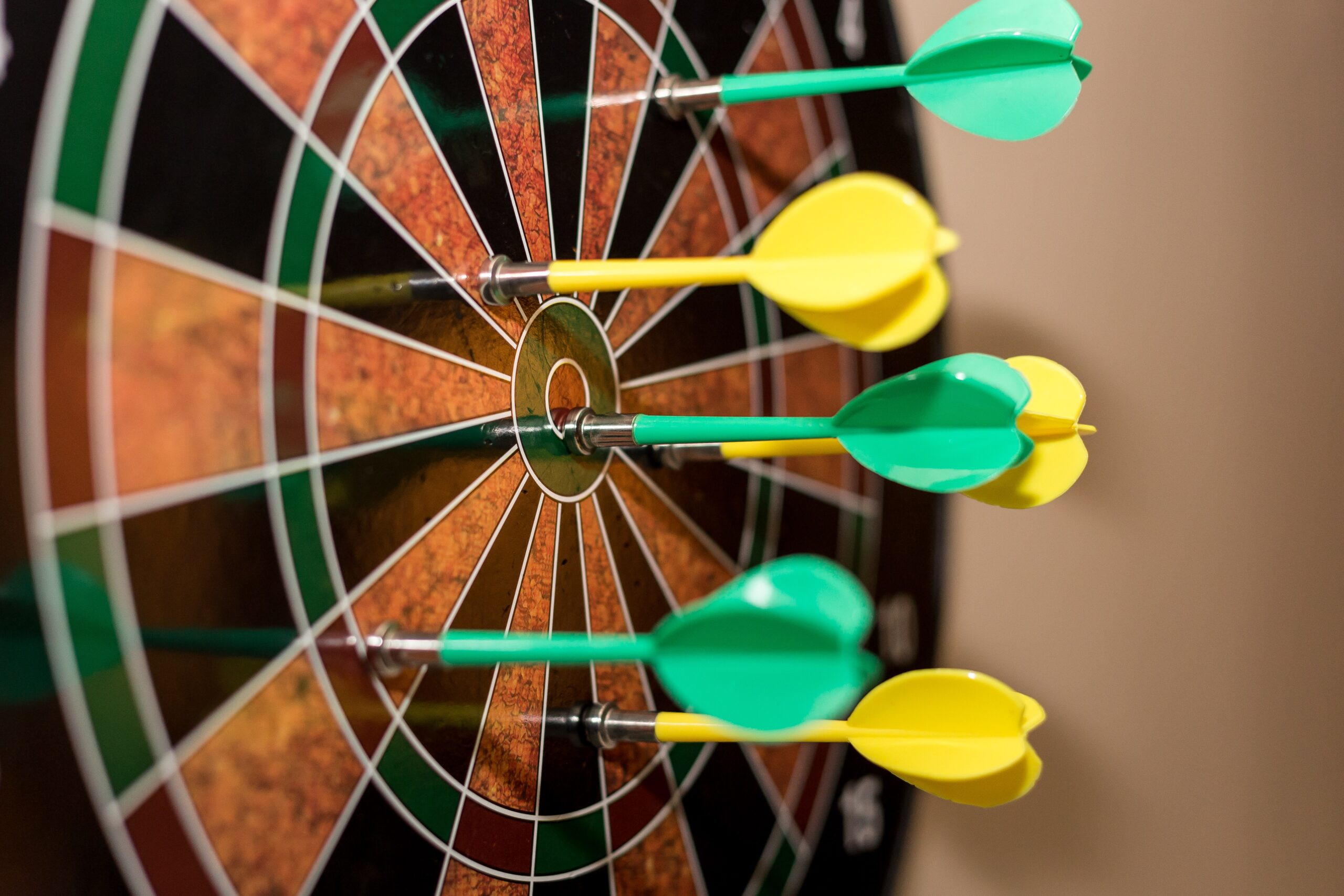Today mental health is a topic that is openly discussed as the stigma once attached to it has all but disappeared. However, one industry many people still don’t associate with mental health issues is professional soccer.
In a recent Professional Footballers Association survey for soccer players in the UK, almost 10% of respondents said they had experienced bullying during their careers, and almost 5% had suicidal thoughts. The surprising findings highlight the social and mental health challenges that professional soccer players face, and are a timely reminder to fans everywhere, that their heroes are human too.
Cristiano Ronaldo
Player mental health was raised during Ronaldo’s recent falling out with his former club Manchester United. The Portuguese international, widely considered one of the best players to have ever played the game, was desperate to play more often but found himself out of the team.
On top of that, Ronaldo and his girlfriend Georgina RodrÃguez had tragically lost their baby son back in October 2021 and were still suffering the effects of that unbearable loss.Â
“When you have a kid you expect everything will be normal and when you have a problem it’s hard. Me and Gio had difficult moments. It was very, very difficult to understand what is going on in that period of my life.â€
He went on to say, “The football don’t stop, we had many competitions. It was probably the most difficult moment in my life.â€
The former Real Madrid man is one of the most decorated footballers ever, and his success is down to more than just his incredible talent. The player is often cited as having one of the greatest work ethics in the game, and a winning mentality that has driven him to incredible heights. Such is his aura, when he signed for Manchester United in 2021, the team’s Premier League odds were quickly slashed. So, if one of the greatest players in the world and a man lauded for his mental strength can suffer from mental health issues, anybody can.
Jessie Lingard
The former Manchester United player signed for Nottingham Forest in the summer of 2022, bringing to an end an Old Trafford career that spanned 22 years, after he joined as a seven-year-old boy. Lingard has been open about his mental health struggles while at United:
The England international admitted he had struggled mentally towards the end of his United career, when he found himself out of the team.
“I wasn’t playing so I was down… My confidence was shot. You can be that happy-go-lucky guy, bouncing around the training ground, but deep down you’re wearing that smile as a mask.â€
Christian PulisicÂ
American international Pulisic is another high-profile name to admit to mental health struggles when he found himself out of form and living alone in London, away from family and friends.
Pressures of Premier League Football
There’s no doubt that Premier League players experience pressure levels that few of us could ever comprehend. Playing in front of thousands of fans every single week and having your every mistake analysed by the media is not normal. On top of that, your mistakes are recorded for posterity so they will never go away.Â
- Factors that can affect players’ mental health:
- Injuries
- Social media abuse
- Broadcast Media analysis
- Poor performances/loss of form
- Outside pressures/family issues
- Losing their place in the team
- Changing clubs
Whether it’s long-term injuries, social media abuse, or moving to another country to play soccer, there are many aspects of being a professional soccer player that can affect player mental health.
Positive Change
Mental health is now openly discussed in society and especially sports. The Football Association runs workshops and campaigns with leading players, including England International Harry Kane, to encourage everyone to talk about their mental health. But how do soccer players cope with the weekly pressures to perform in front of thousands of fans?
Meditation
England International Raheem Sterling uses meditation to shut out all of the noise, joining the likes of superstars Erling Haaland and Mo Salah. Meditation is proven to be highly effective in helping to manage stress and anxiety which can cause a lot of mental suffering.Â
Psychologists/Therapy
Lots of clubs provide players with access to sports psychologists to talk through performance issues and mental health struggles. They can help with reducing stress and anxiety and creating a positive mindset in players to help them maximise their potential.
Open Channels of Communication
The key with mental health is to be able to talk about your problems. The Professional Footballers Association now provide players with access to the support they need and provides clear and open channels of communication so that nobody needs to suffer on their own ever again.
